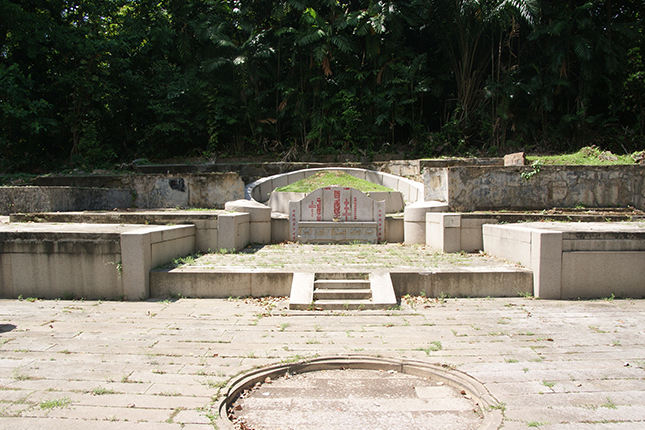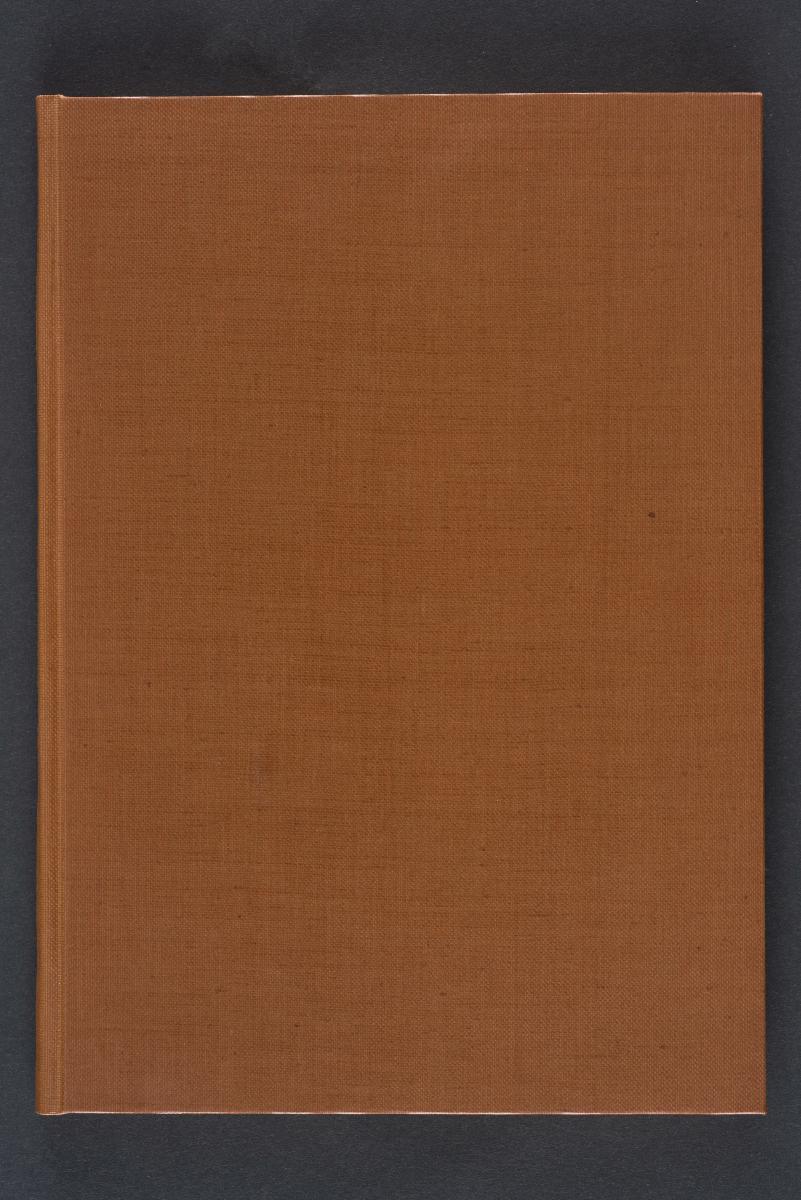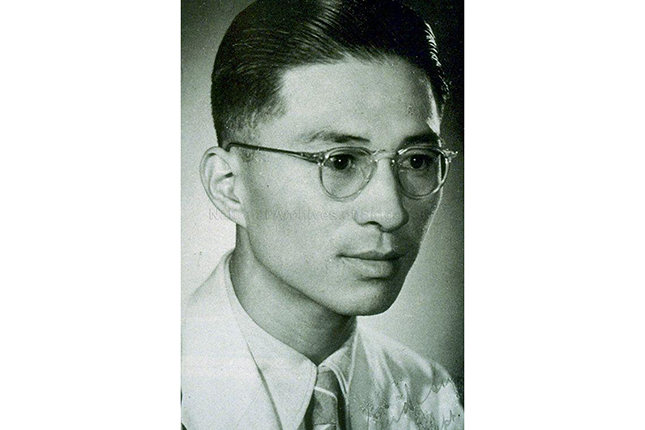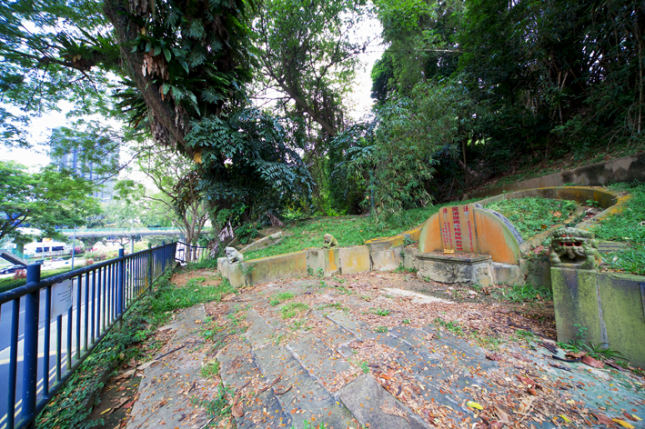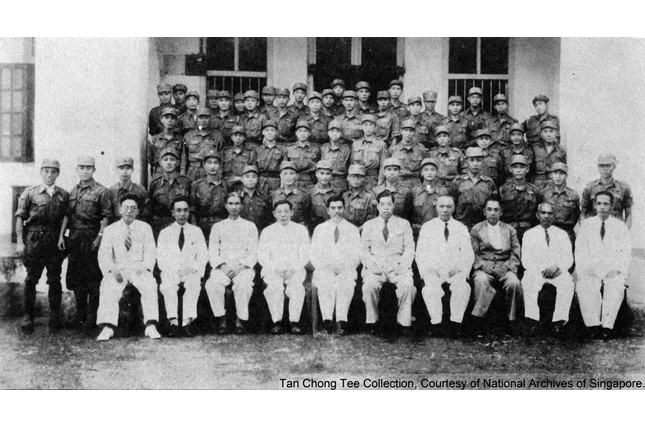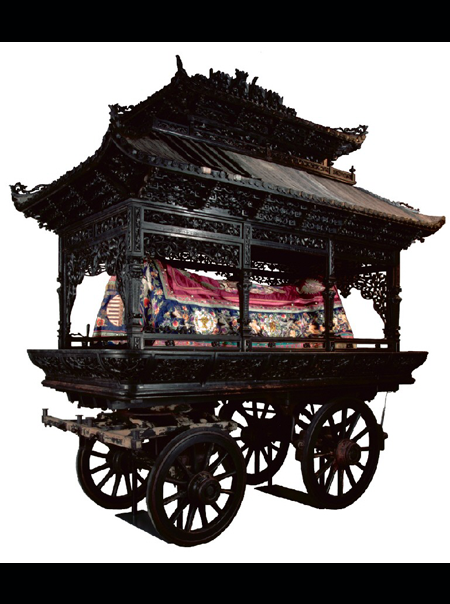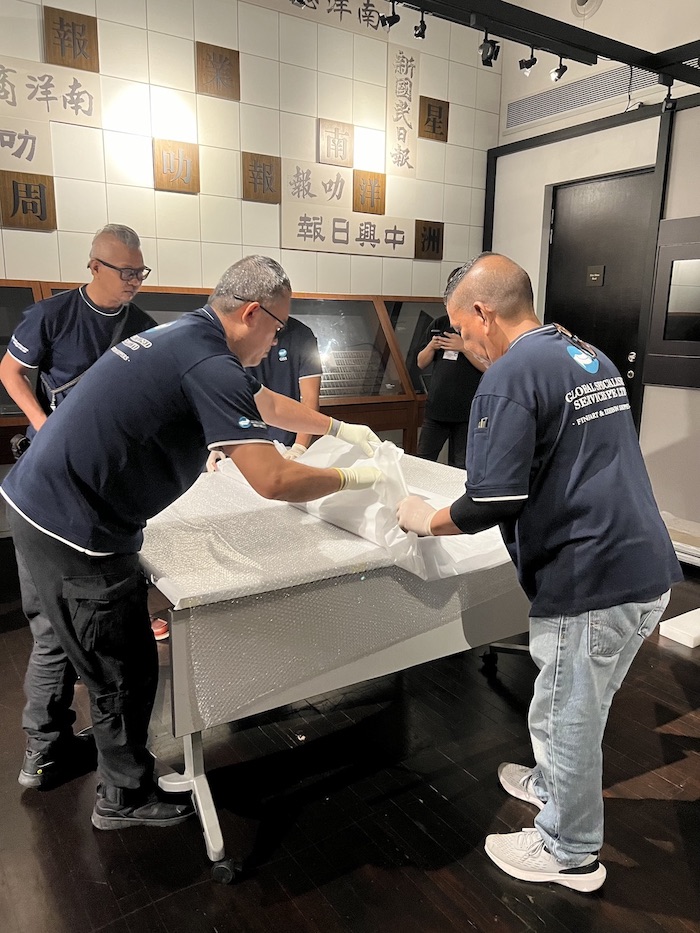Seemingly inconspicuous, one of Singapore’s most recognisable pioneers is buried at this location, right next to the busy Outram Road.
The final resting place of Tan Tock Seng can be found sitting on the higher ground that overlooks Outram Road. Purchased by Tan’s eldest son in 1877, this family burial plot is easily accessible, barricaded for safety and accompanied by an educational plaque that is etched with Tan’s accomplishments.
To the casual onlooker, the austere site appears well-maintained. A large granite headstone, engraved with red Chinese characters, marks Tan’s grave. Several miniature stone lions ‘guard’ the burial plot.
One of Singapore’s most important pioneers, Tan is best known for founding and financing The Chinese Pauper’s Hospital in 1844, which was later renamed Tan Tock Seng Hospital. Once a pauper himself, Tan was profoundly moved by the plight of impoverished Chinese immigrants, who could not afford to seek medical treatment.
A positive influence on the local Chinese community, Tan also subsidised the burial fees of the poor, settled internal disputes, and established the Thian Hock Keng Temple — Singapore’s oldest Chinese temple — for immigrants from his hometown of Fujian, China.
It is uncertain where Tan was buried after his death in 1850. His remains were later moved to the present-day location sometime around 1882; the bodies of two other family members — Tan’s daughter-in-law Chua Seah Neo and granddaughter-in-law Wuing Ye Ho — were buried close by.
The tombs once faced the threat of exhumation. In 1969, Tan’s descendants successfully petitioned to safeguard the tombs from plans to widen Outram Road, allowing the site to survive until today.
Buildings and sites featured on Roots.SG are part of our efforts to raise awareness of our heritage; a listing on Roots.SG does not imply any form of preservation or conservation status, unless it is mentioned in the article. The information in this article is valid as of December 2019 and is not intended to be an exhaustive history of the site/building.




